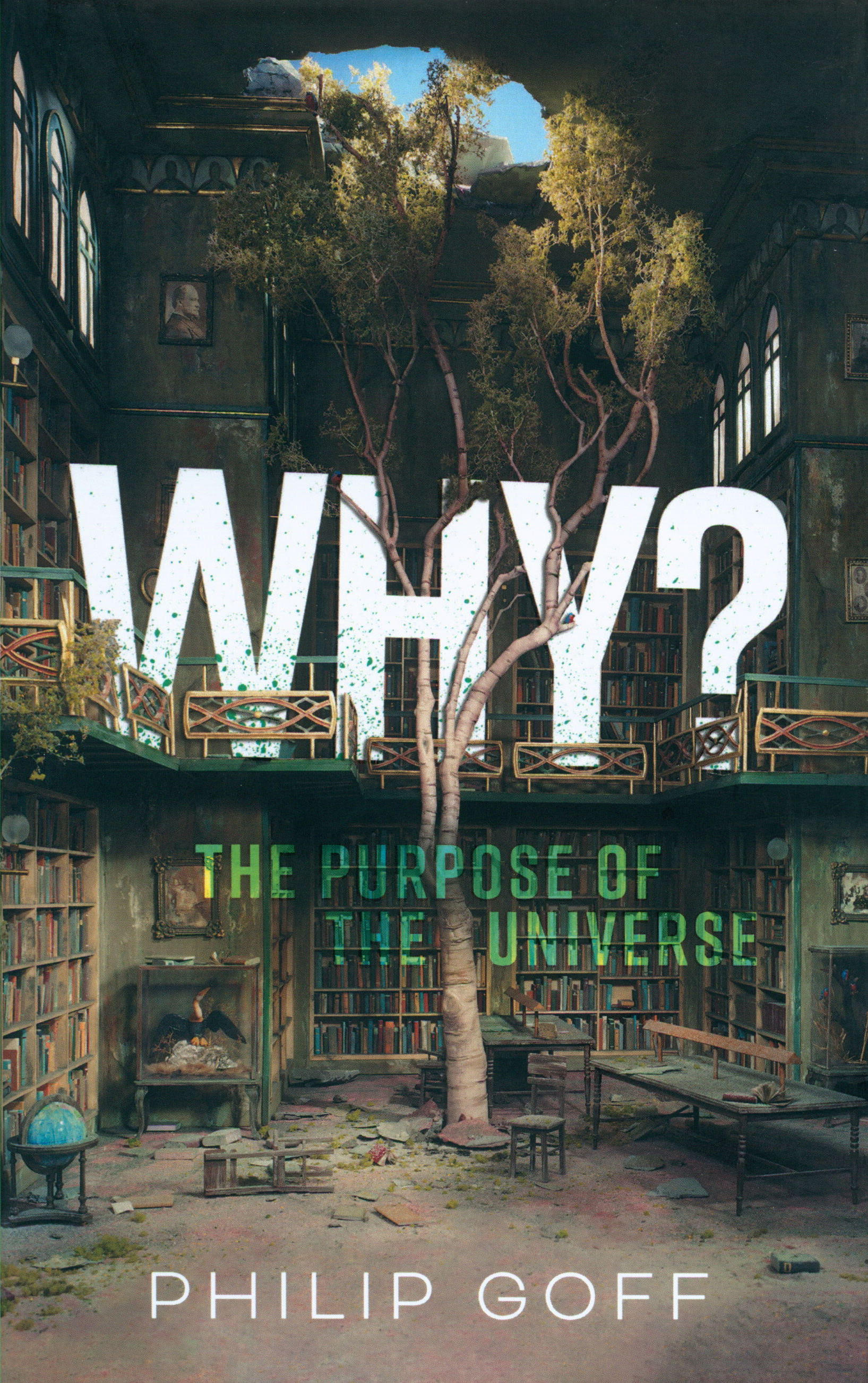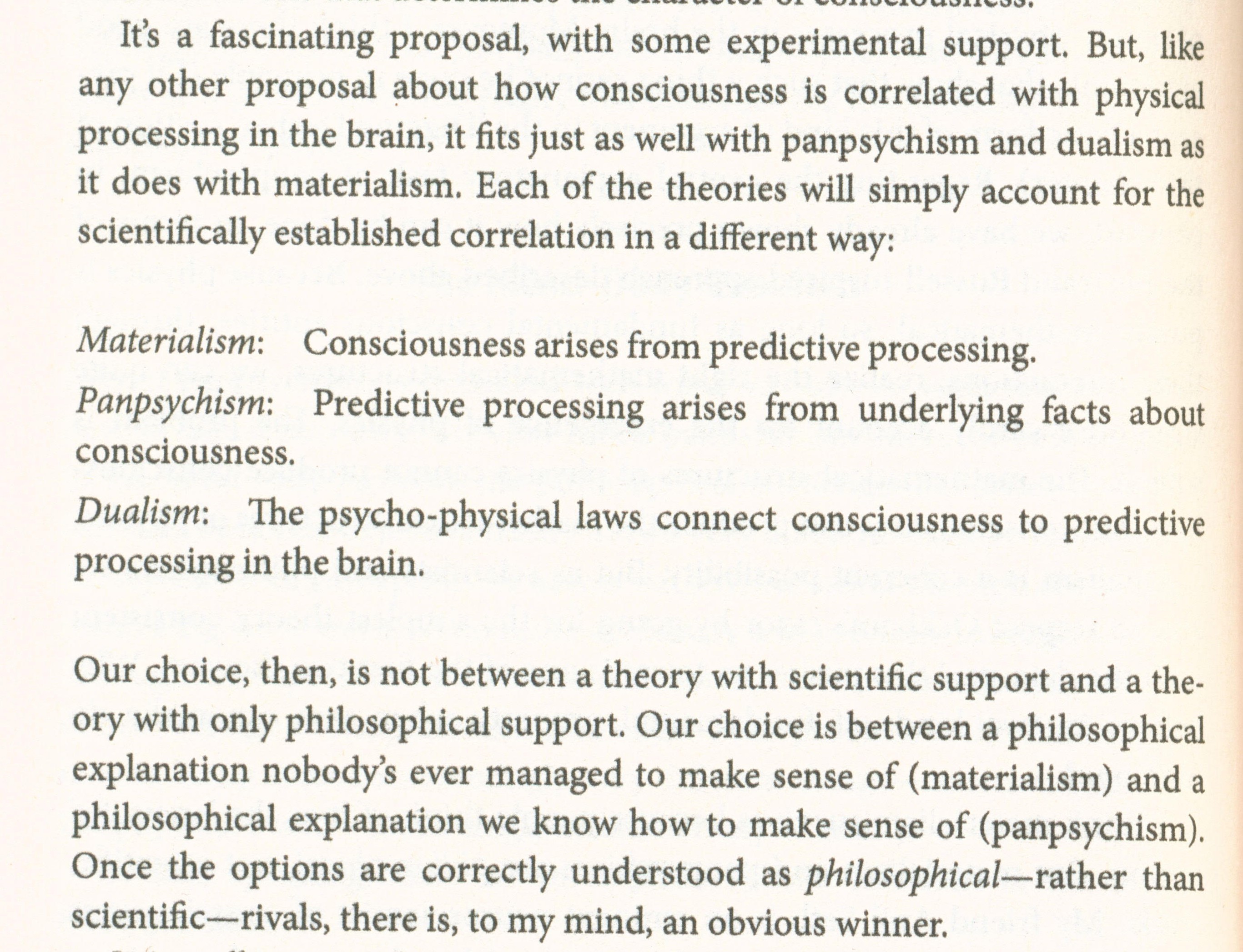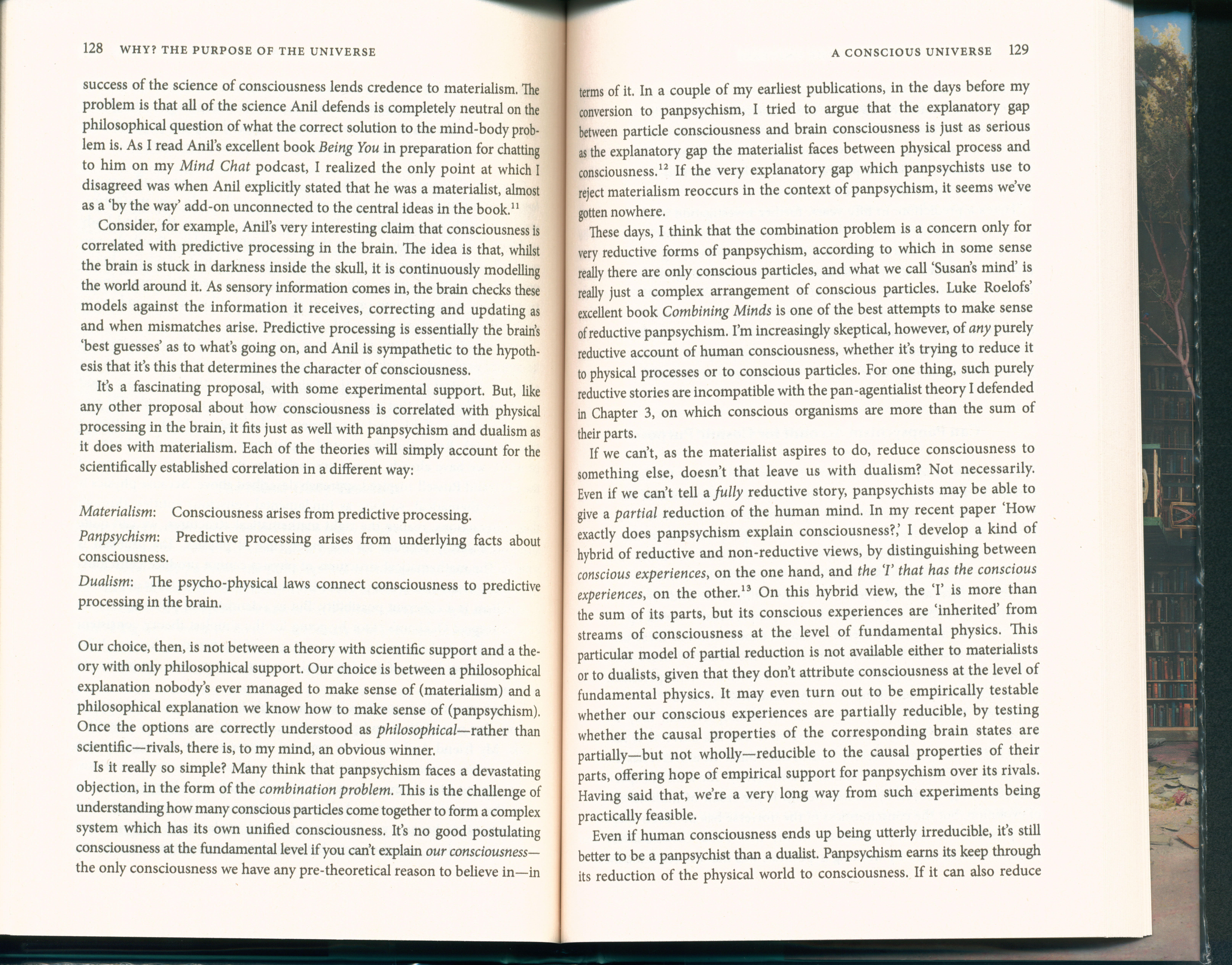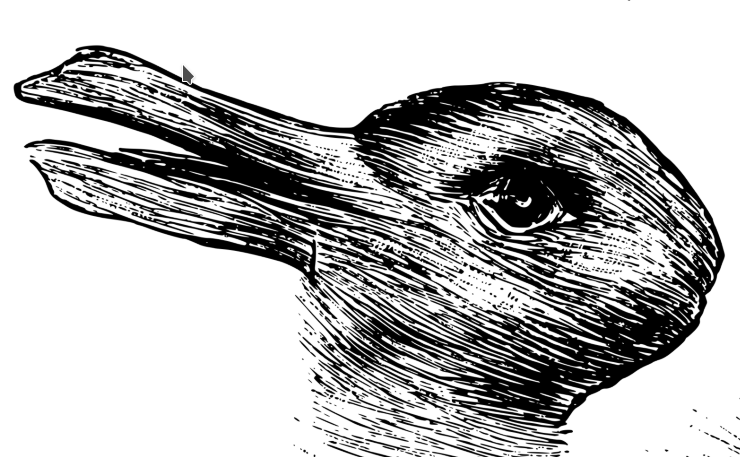
First look at Philip Goff's Why? : the purpose of the universe
An interesting example of throwing one's favourite thing into the…—gap, in this case panpsychism, while offering it up, in the same action, as a moderating mediation. If not meliorating the pox in both their houses.

On page 128 of Philip Goff's 2023 book Why? The Purpose of the Universe.
I have to admit that I do not think of materialism that way. Like is that all materialism is? Or rather is that all the universe does, if it does more than that, then it is not materialism but a subset of the universe. But okay, my use of materialism may well be just me being Humpty-Dumpty.
Then there is this whole 'predictive processing'. Does not seem to mean guessing, or shortcut-ing. Why is it here? Seems so narrow. (There is some conflation here between causal processes and their repeatability allowing prediction, but why call that causal stuff predictive when predictive reasoning is but a bonus of repeatability in unchanging circumstances?)
I get dualism here as presented, but only because we both think it is wrong. I suspect we think it is wrong in different ways though.
And in the middle we have panpsychicism, a compromise candidate to be fair, or to be unfair, a middle way between the extremes thus presented as strawmen.
The simple version of panpsychicism says that consciousness is a basic element to the universe, and not immanent, or at least, not arising in it, nor transcendental to it.
I suspect consciousness is immanent within the universe because that is the simplest thing. Goff thinks it is more foundational than that.
See Minimum viable product with another example of immanence, that of time.
But neither do I think that how conscioussness arises is simply the result of 'predictive proesses'. As I said I suspect the material universe is more than that highsight, but we have no insight into yet. As a neo-Pyrrhonist I would refrain from throwing anything into these gaps. This epistemiological quantum foam.
Most of the book is actually full of very useful stories, argument and philsophical predicaments, such that the strawmen of extremes are well disciplined. So 'strawmen' is a bit harsh. But then still, it is felt that something should be thrown into the gap.
Not that quarks or electroms have or are self-consciouness, mind you, not in addition to all that they are. And not that gravity or electromagneticism is a type of consciouness per se. (But why not?) It just answers, for example, the possible requirement that something observe something in order for things to, say, settle out in a collapse of a wave function.
Perhaps we discard the great chain of sense and sensibility too quickly?
Why this something is consciousness is a bit much IMHO. Perhaps our models have to incorporate these consciousness-observational-things because that is what is coming up with the models. It's a predicament. It is predicamentive. And our local views are incomplete with regard to the big picture without a predicament included.
Panpsychism is just a bit more than is necessary. What if consciousness is not the answer but merely part of the problem of investigating-doing. Part of the frame of inquiry, but… —what?
Because we get in the way? Not just we are biased, cognitively partial, or too locally positioned, but because we are investigating?? Consciousness appears to be everywhere because we have to look through/with it. A fog of consciousness.
A type of agency interference rather than animism per se.
I.E. Panpsychism answers a problem that may not be the right question to ask. In which case anything we throw into this gap of knowledge, will eventually look silly.
Especially presented as a purpose to it all. Mind you, we can perhaps blame the publishers for that aspect. They are imbetween us and the author after all. They get in the way, while providing access. They are a contronym of action.
We don't need no purpose, we just need to feel that we should.
Goff, Philip. Why? The Purpose of the Universe. Oxford: Oxford University Press, 2023. https://doi.org/10.1093/oso/9780198883760.

